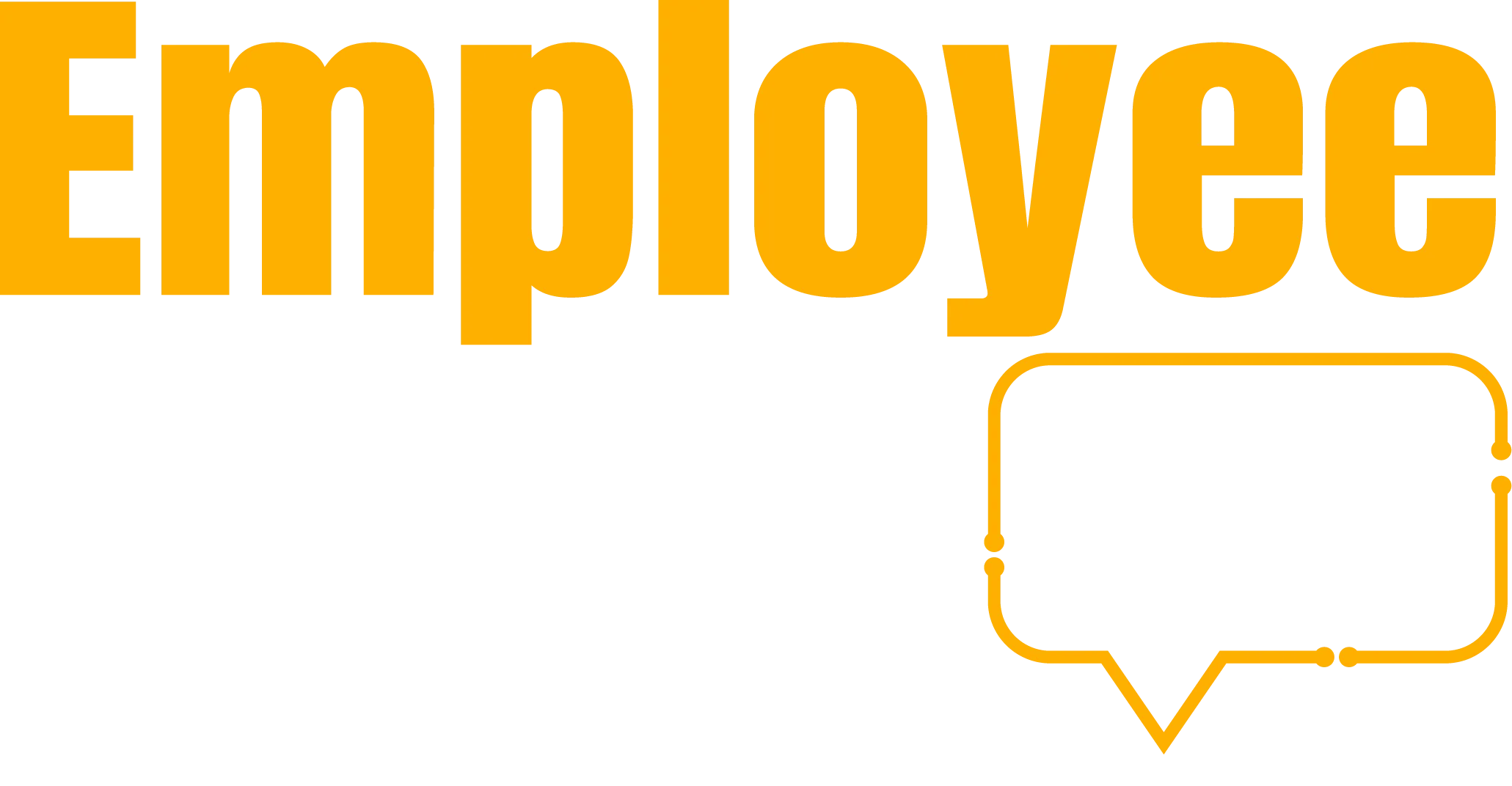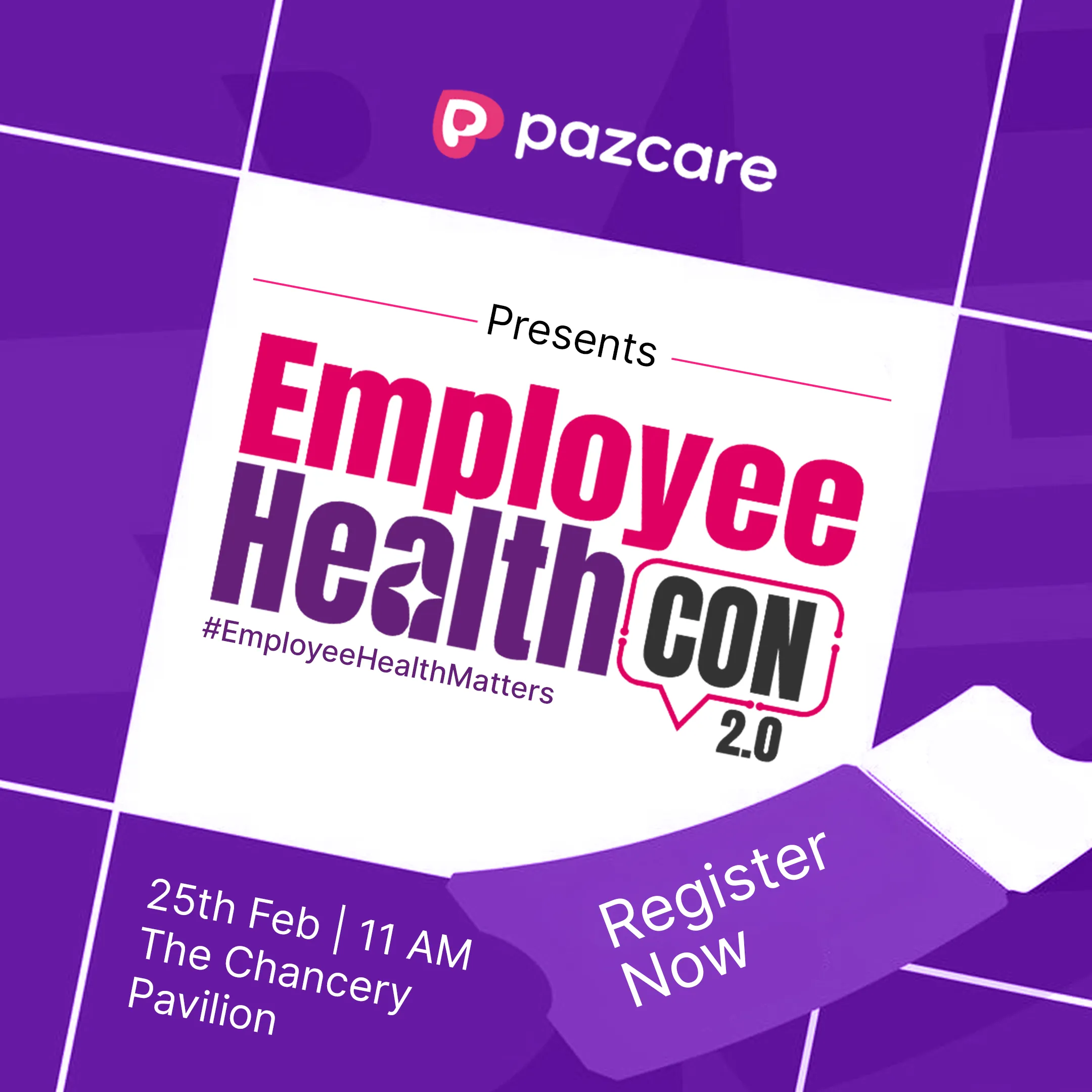Why 20s are the right time for preventive health
According to WHO, preventive health checkups in young adults can significantly reduce the risk of chronic illnesses by enabling early detection. Yet, many people in their 20s skip routine tests, assuming they’re too young to worry about health issues. A Gallup report reveals that more than 60% of young adults underestimate their health risks, often delaying critical screenings.
But here’s the truth: Your 20s are the best time to lay the foundation for lifelong health. Regular checkups can help you catch silent conditions early, support employee wellness, and make full use of OPD benefits in your health insurance plan.
What is a preventive health checkup?
A preventive health checkup includes routine screenings and tests that help detect medical conditions before any symptoms appear. From tracking blood sugar levels to identifying vitamin deficiencies, these tests help you stay ahead of potential issues.
Many modern group health insurance plans now include OPD (Outpatient Department) benefits, which cover preventive checkups, making it easy for employees to access regular healthcare without hospitalization.
By scheduling these checkups regularly, you can manage your health proactively and reduce the risk of long-term illness or workplace absenteeism.
What is preventive health checkup 80d?
Preventive health checkup 80D refers to the tax benefit available under Section 80D of the Indian Income Tax Act for expenses incurred on preventive health checkups. This provision is designed to encourage individuals and families to undergo regular medical screenings and early detection tests by offering a specific tax deduction.
What makes section 80D preventive checkup benefits so handy?
- Up to ₹5,000 Tax Deduction: Employees can claim up to ₹5,000 every financial year for preventive health checkups, for themselves, their spouse, kids, and even parents.
- Part of Your Existing 80D Limit: This ₹5,000 is included within the overall Section 80D limit:
- ₹25,000 for employees under 60 and their families,
- ₹50,000 for senior citizens.
- Parents Don’t Need to Be Financially Dependent: Employees can claim checkup expenses for their parents, even if they don’t rely on them financially.
- Cash Payments Are Accepted: Unlike most tax-saving options, you can claim this benefit even if the checkup was paid for in cash, making it more convenient.
Why preventive checkups matter in the workplace
Preventive health checkups aren’t just about personal health, they're also essential for business. Here’s why they play a key role in employee wellness programs:
1. Early detection of chronic conditions
Silent issues like hypertension, prediabetes, or high cholesterol can go unnoticed until they become severe. Preventive tests catch them early so employees can take action.
2. Reduced sick days and better productivity
Healthier employees mean fewer medical leaves and improved focus at work. It’s a win-win for both employees and employers.
3. OPD plans reduce out-of-pocket costs
Insurance plans with OPD coverage allow employees to get preventive tests done without high upfront expenses.
4. Holistic approach to wellness
Preventive care often includes mental health screenings, nutritional advice, and lifestyle assessments, ensuring overall well-being.
5. Enhances employer branding
Offering preventive care shows your organization genuinely cares about employee health, making it easier to attract and retain talent.
10 must-do preventive health tests in 20s
Here’s a complete list of tests, why they matter, what symptoms they detect, and how often you should do them.
Also Read: Why heart attacks are rising in young adults and how employee wellness can help
How preventive tests are covered under OPD
Most group health insurance plans today come with OPD coverage, helping employees access healthcare without hospital admission.
What’s covered?
- Routine blood work (CBC, lipid profile, sugar)
- Annual physical checkups
- Doctor consultations
- Health screenings like thyroid, vitamin, liver/kidney function tests
Depending on your policy, OPD expenses may be reimbursed or covered cashlessly at partner clinics.
Why it matters
- Employees can take charge of their health early.
- Prevents major illnesses, reducing hospitalization claims.
- Saves money by avoiding expensive diagnostic bills.
Pro-Tip: For a deeper dive into how OPD coverage works (and how to maximize it for your team), check out our detailed blog on OPD benefits in group health insurance – breaking it down.
How HRs can promote preventive health
Here’s how companies can make preventive care a part of everyday employee wellness:
1. Set health goals Based on team data
Look at absentee trends, claims data, or survey results to pinpoint what your workforce needs.
2. Choose the right insurance partner
Select plans that include OPD coverage and preventive checkup packages. With Pazcare, you get seamless integrations, health dashboards, and pan-India coverage.
3. Communicate clearly
Send regular updates via email or Slack about what’s covered and how to book checkups. Transparency boosts participation.
4. Reward health engagement
Incentivize checkups with benefits like wellness points, leave bonuses, or recognition.
5. Use Pazcare’s wellness tools
HRs can track employee participation, view analytics, and manage OPD usage, all from one dashboard.
Key Takeaway: Starting preventive health tests in your 20s is one of the best investments you can make in your health and career. With OPD coverage and employee wellness programs in place, it’s now easier than ever to stay one step ahead of chronic illness, without burning a hole in your pocket.
Conclusion
Your 20s aren’t just about career growth, they’re also about building long-term health habits. Preventive health checkups are no longer optional. They’re smart, affordable, and often covered under your OPD benefits.
Whether you’re an HR looking to boost employee wellness or a young professional navigating health insurance, now is the time to prioritize preventive care.
With Pazcare, you get more than coverage. You get a complete wellness ecosystem designed to support both individual health goals and organizational performance.








.svg)
.svg)
